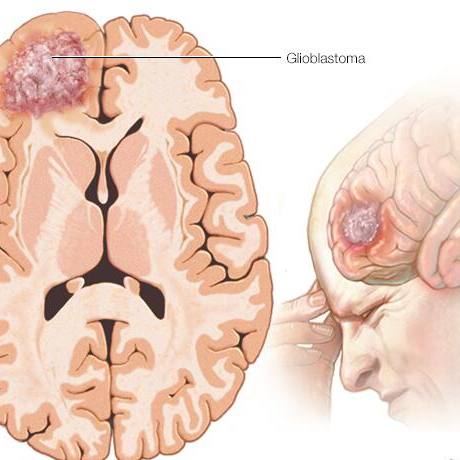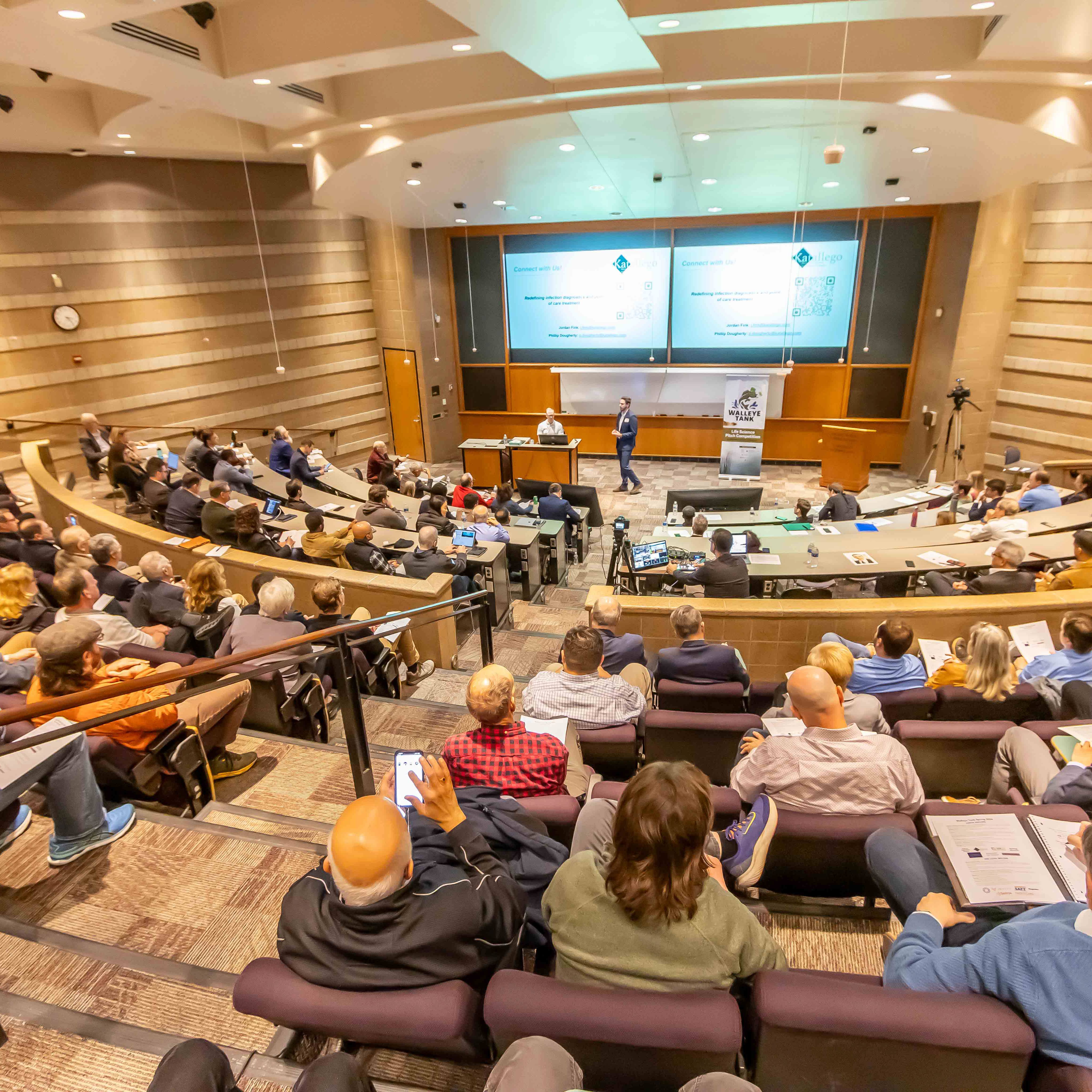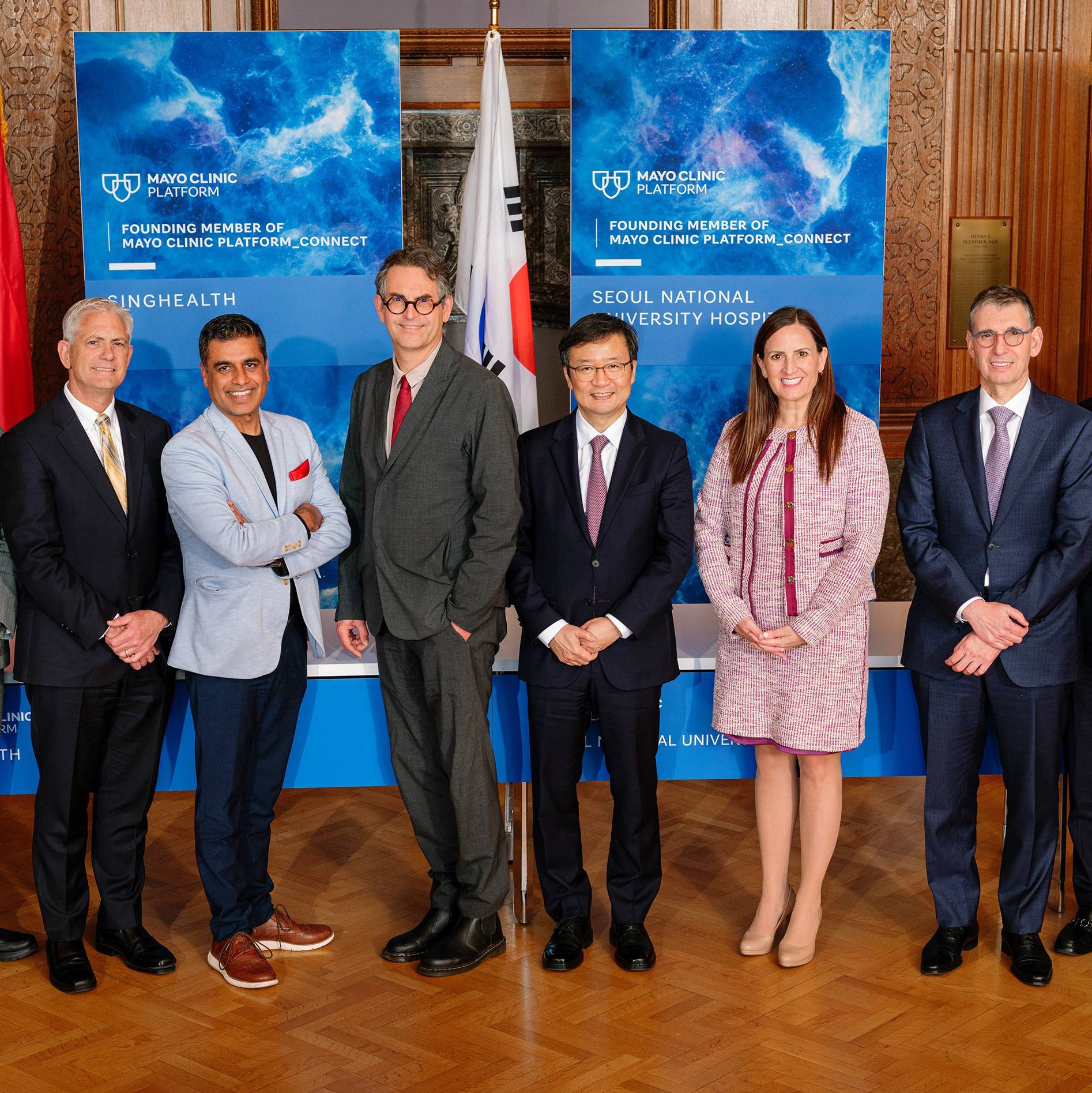-
Research
Clinical trials from a community perspective: “Authenticity is priceless”
— By Clarence Jones, a community research collaborator
Editor’s note: Mayo Clinic advances health equity by engaging communities in research that addresses their health concerns and reduces health disparities. This article is the first in the Raising Up Community Voices in Research series, which highlights the roles and unique voices of community members who participate as members of Mayo research teams to advance community-driven research.
In this guest post we have invited Clarence Jones, a community leader in Minneapolis and long-time Mayo research collaborator, to share his thoughts and experiences on the importance of community-engaged research and clinical trials. Jones is a community health strategist for the Hue-MAN Partnership, an organization that works to address health disparities among young and middle-aged men, particularly men of color. He also hosts Community Health Dialogue, a weekly radio show that airs Monday nights on KMOJ 89.9 FM in Minneapolis, Minn.
-------------------
As community health strategist for the Hue-MAN Partnership, I spend a lot of my time developing relationships and connecting with neighborhood residents to improve community health outcomes. One of the most challenging pieces of this role is engaging and talking with community members about the importance of clinical trials. These challenges are compounded by the expectations, history, and myths associated with research in Black, Indigenous, and people of color (BIPOC) communities. My passion and experiences have enabled me to develop authentic relationships in order to have open conversations around the topics of health and research.
While I personally recognize the value of clinical trials to address health disparities in my community, it is often challenging to persuade others. To overcome this, I carefully and consistently craft my conversations to bridge that gap whenever possible. I have worked for 25 years to develop allies within the community and the academic research world who know my passion, understand my work, and feel comfortable working with me. I know the importance of establishing a history of positive community engagement to be able to earn the right to engage with people on difficult or complicated topics, such as clinical trials.
The value of authenticity
During my work with Mayo Clinic and with Dr. LaPrincess Brewer, I’ve seen the results of this type of intentional community-engaged work.
Dr. Brewer is a cardiologist and health disparities researcher at Mayo. I was first connected to her when she started a research program called Fostering African American Improvement in Total Health (FAITH!), an effort to prevent heart disease in underserved communities. I was one of the community leaders she reached out to when starting her program and we vetted each other for 18 months before we decided to work together. That time allowed us to get to know and trust one another for it also allowed me to validate both Mayo and Dr. Brewer as a partner to members of my community.
Authentic relationships have always been the foundation of Dr. Brewer’s approach, with a clear intent to inform, educate, engage, and disseminate information back to the community. "“Building authentic and genuine relationships with diverse communities takes a keen ability to listen with an open heart to better understand the community’s priorities," she says.
What is the value of authenticity? Priceless!!
I’ve seen the impact of this work, and I feel fortunate to have been able to work with Dr. Brewer and with Mayo Clinic to engage more people in research and clinical trials that can improve the health of my community.
People are willing to help—we just have to make it easier
I’ve observed in my work that people in the BIPOC community are often hesitant to engage in clinical trials. A 2014 study found various barriers to research participation, such as mistrust of medicine and research, fear of unintended outcomes, competing priorities, and lack of access to reliable information. However, this study also showed that across racial and ethnic groups, people also indicated a willingness to participate in research for altruistic reasons, such as helping their family or community.
That ‘willingness to help’ is out there, and we need to do more to overcome barriers and help people act on their willingness and desire to be part of the scientific process. I would like to see more focus on how BIPOC can be part of the process—not just subjects of the process. We need to engage in friendly, open, and direct dialogue with community members regarding clinical trials and how they can benefit the people and communities they care about.
Four tips for improving inclusive engagement in clinical trials
- First, find a community leader: an organization or someone who self-identifies as someone interested in the medical research and clinical trials. They can enhance your work and help you reach others in their community.
- Second, focus on building relationships. I used to be a salesman, and it all comes down to people and relationships. A lifelong teacher shared that “organizations do not sell to organizations; people sell to people.” It was an enduring reminder of the importance of relationships in dealing with complex topics.
- Third, when recruiting clinical trial participants, tell people upfront how the information from the study will be used and the good you hope it will do. Be honest, open, and transparent. This is one of the most underutilized bridge builders I’ve observed in interactions between researchers and people in communities.
- Fourth, anticipate barriers and potential ‘issues’ and provide a safe, open space for discussion and resolution. You will have issues. Everyone does. Being prepared will build trust and enhance the development of the work.
Read more:
- Addressing Cardiovascular Health Disparities in Minnesota: Establishment of a Community Steering Committee by FAITH! (Fostering African-American Improvement in Total Health)
- Community-based Participatory Research CBPR Partnership Academy Cohort – 2016 Cohort
- CBPR Partnership Academy








